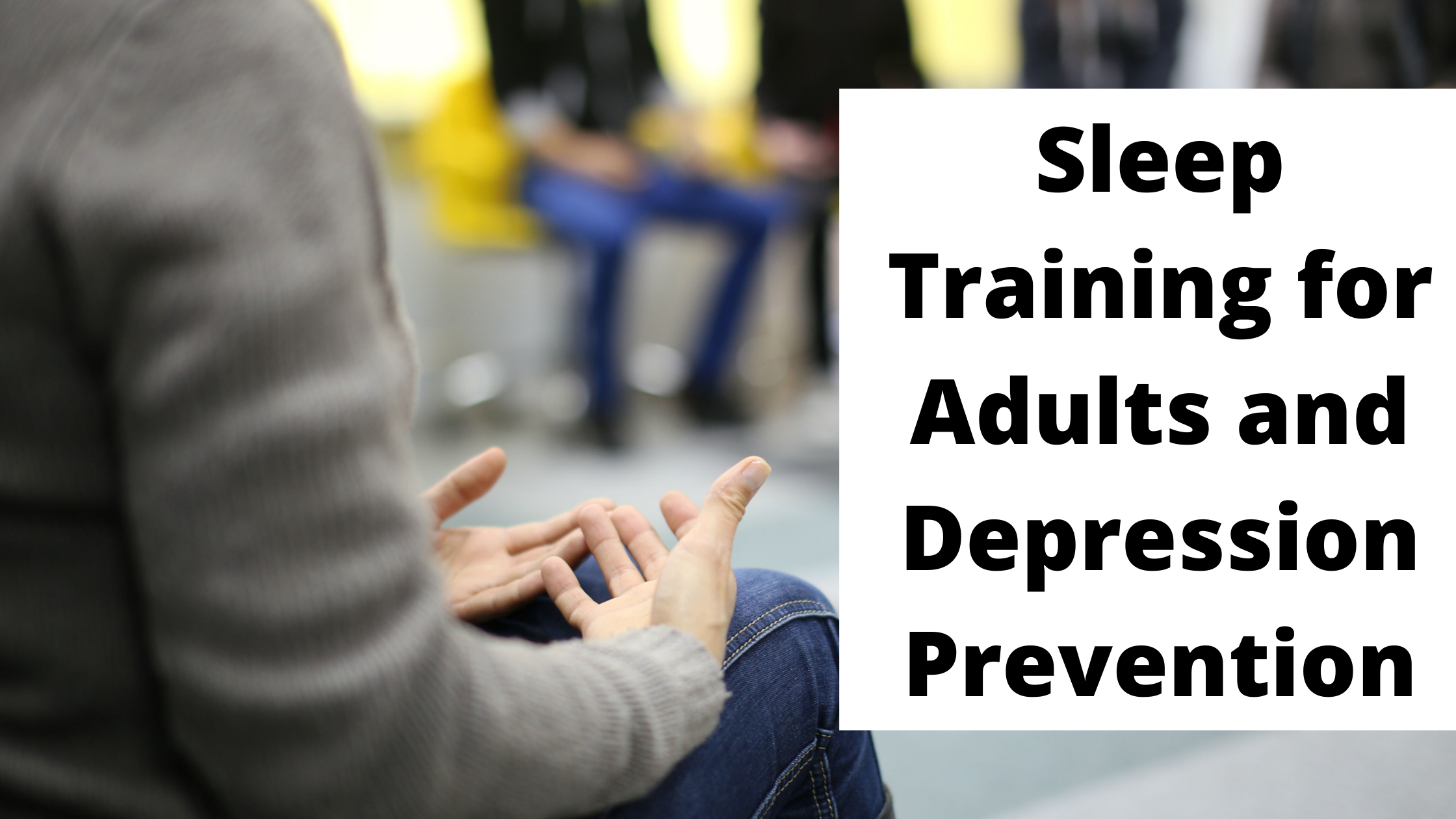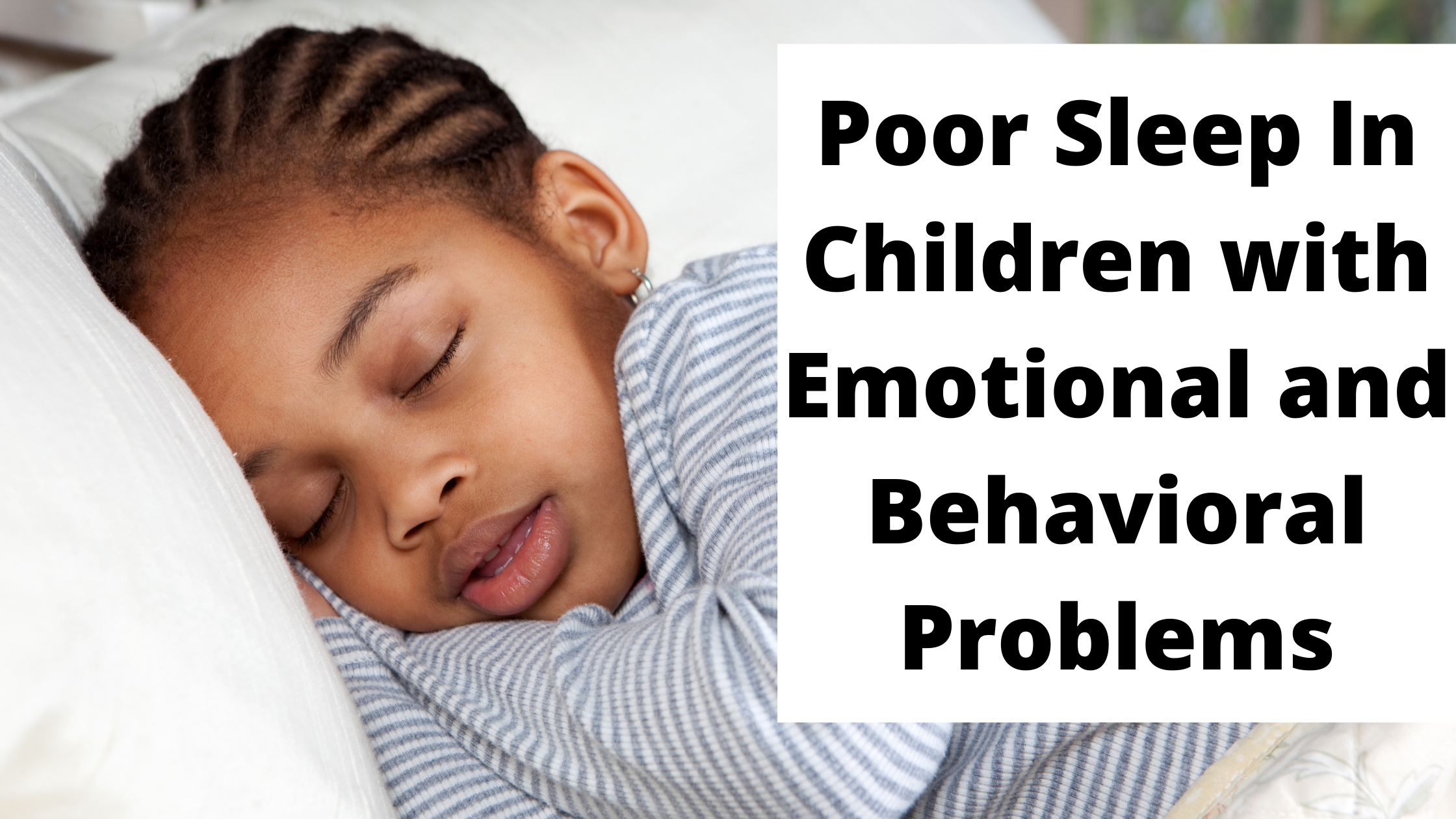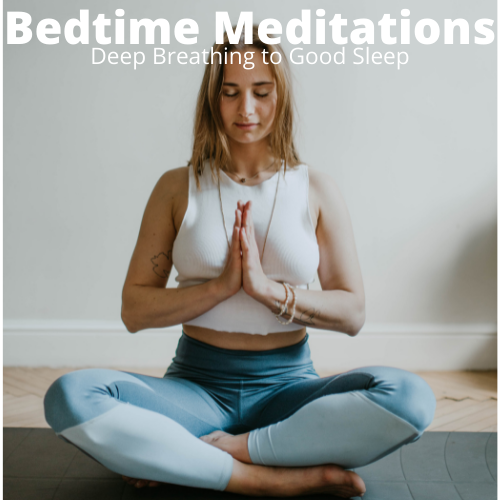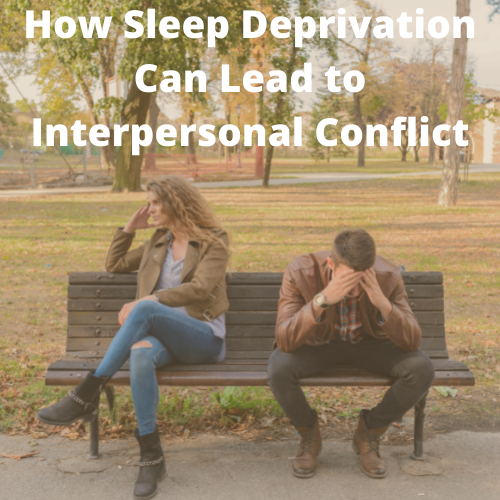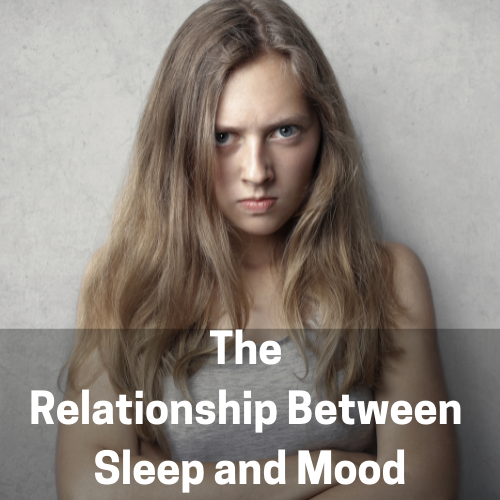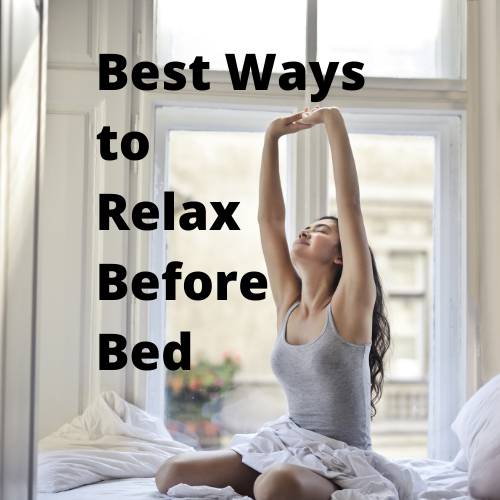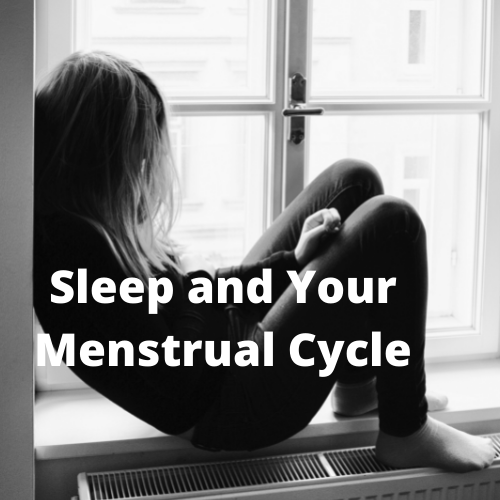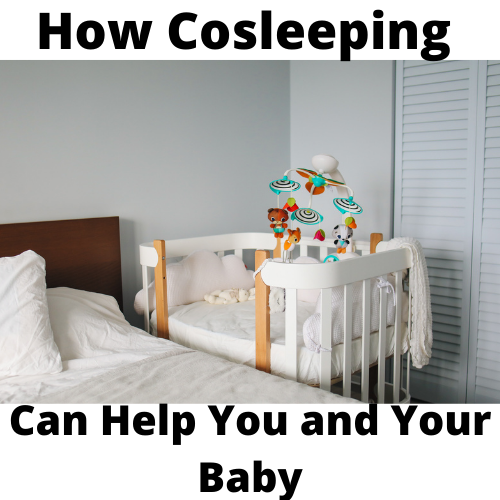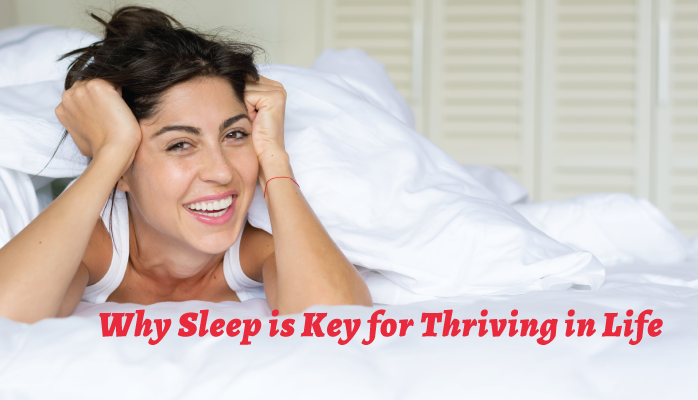Sleep training isn’t just for helping children sleep through the night—adults can also apply sleep training techniques to themselves, and it’s highly recommended. In the sections below, you’ll learn how adults can implement sleep training and how this practice can play a role in preventing depression.
Sleep Training for Adults and Depression Prevention
Poor Sleep in Children and Emotional and Behavioral Problems
Sleep is very important for children. Sleep helps them grow, prevents illness, and provides them with energy for another day of learning. Adequate sleep also helps children with emotional and behavioral regulation. For children, poor sleep can lead to emotional and behavioral problems (EBPs). Continue reading to find out what these problems are and how sleep influences their development.
What's the first thing that comes to mind when you think about meditation? Is it a bunch of people sitting in a room saying "ommmm" together? Or is it a room full of Monks sitting in silence for hours on end? Whatever your mental image of meditation is, make sure to add bedtime meditation to it. Bedtime meditation is a wonderful way to help you get a good night's sleep. Keep reading to find out more about it.
How Sleep Deprivation Can Lead to Interpersonal Conflict
Have you ever gone through spurts when you felt like you and your partner just could not stop arguing? Your arguments would be over really little things and could blow up into days-long fights. If the reason for this incessant interpersonal conflict seems unclear, the root of your problem may be the amount of sleep that you're not getting. Read more to find out how sleep deprivation can lead to interpersonal conflict.
Imagine it's one of those nights where you have gotten a poor night's sleep. Your alarm goes off way too early, and you are in disbelief that you have to get up and be productive for an entire day. For the rest of the day, you may be tired, irritable, and a huge grump. These feelings are natural and experienced by most individuals with poor sleep. Your sleep and mood are interconnected because sleep is important for brain function and mood is controlled by your brain. Keep reading to find out more about the relationship between sleep and mood.
When you have a lot going on and you're stressed out, it can be hard to get a good night's sleep. This is why it's important to create a good schedule before bed, which is known as sleep hygiene. Below are the best ways to relax and wind down after a busy day so you can get a good night's sleep!
For women, there is that time once a month when you experience your menstrual cycle. However, the menstrual cycle is not isolated to just those 3-7 days. There are often extra-cycle symptoms that affect women a majority of the days in a month. If there are numerous symptoms or the severity of them is great, then you may be diagnosed with PMS or PMDD. A common symptom that women with PMS or PMDD experience is insomnia. Continue reading to find out how your menstrual cycle may be negatively impacting your sleep.
Cosleeping is a term for sleeping with your baby or child in the same bed. Although there are different theories on the safety and wellbeing effects of cosleeping, this practice may help you and your child in the long run. It's important to note that small infants who are at risk for Sudden Infant Death Syndrome (SIDS) should not be in the same bed, but should be in a separate space with a firm mattress and a fitted sheet to avoid suffocation. However, as children grow older and their safety risks decline, extended cosleeping may still be an option for your family. Read more to decide if this is the right move for your family.
Sleep and Wellbeing
“Wellbeing”, much like the word “happiness,” means so many different things to different people. That being said, we might all generally agree that “happiness” involves having a sense of satisfaction and healthfulness with our day to day lives. You could contrast this with feeling poorly, discouraged, and melancholic every day.
Anyone who has felt exhausted before, which includes everyone, knows how miserable it is. When we are exhausted, our best hope is usually to simply “get by.” Wellbeing cannot happen under such circumstances.
Wellbeing is a product of most of the following:
- Emotional health
- Mental performance
- Productivity
- Physical health
- Physical performance
Chronic sleep deprivation inhibits or cripples each of these core areas (depending on how bad the deprivation is) of wellbeing. Chronic sleep deprivation is most commonly caused by:
- Sleep apnea
- Insomnia (caused by stress, medical conditions, or unknown factors)
- Parasomnias
- Restless leg syndrome
- Circadian rhythm disorders
Let’s look at the critical ways sleep affects your sense of well being.

